Everything Thing You Need To Know About The Dodge Viper
Over the long course of the entire automotive history, there have been a handful of crazy and outlandish cars from some well-known brands. But Dodge, with its Viper, almost redefined the definition of insane, especially for a road car. With a humongous V10 along with some beefy output numbers, the Viper is still a daring sports car to drive. At the hands of the right tuner, it might outrun a few exotic supercars on a straight line too.
Published February 16, 2024

The Dodge Viper was launched back in 1991 and its production took a brief hiatus in 2011. It resumed soon though, in 2013 but the car was finally retired in 2017. During its production run, it saw several improvements both in performance and styling. However, it remained one of the most daring cars to drive due to its unusual design and that insane V10 motor.
The motor was originally meant to be a truck engine but was specially curated by none other than Lamborghini. During the end of its production run, the motor was made bigger with bigger bores and pushed 650 horses. However, it is capable enough to handle more at the hands of the right tuner. There are also a few limited edition models that offer even more performance such as the Viper ACR and the Viper SRT.
10. The car got a really short approval timeframe
The then-CEO of Chrysler, Lee Iacocca, was massively impressed by the Dodge Viper’s pre-production prototype. Even though he was reluctant to approve the $70 million funding initially, the Viper’s experience moved him. Within half an hour of taking a test ride on the Viper, he approved its production.
9. The high-performance VX is getting ever expensive
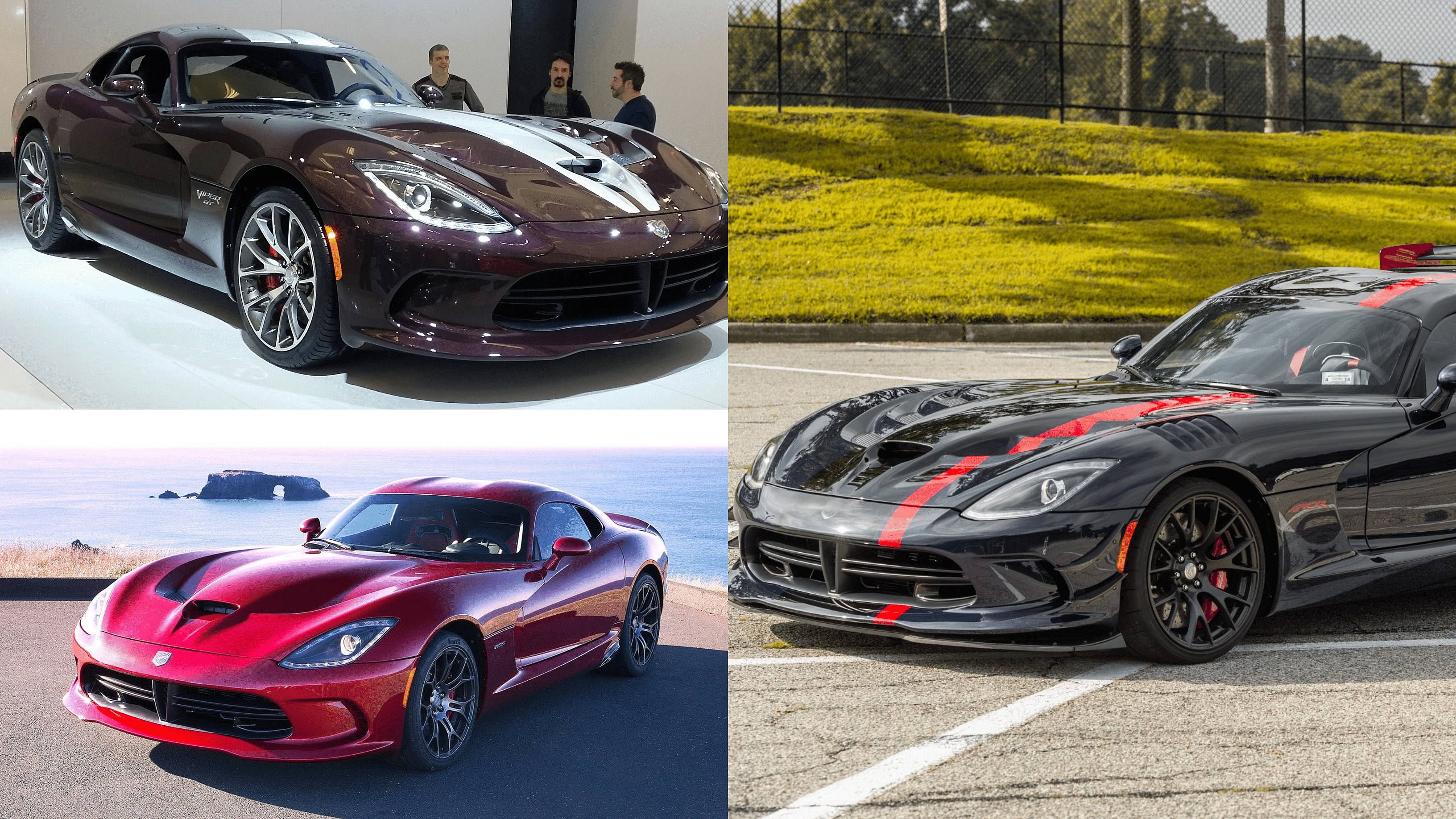
While the “regular” Viper is lovable, the SRT-treated Viper is something else. Pushing an overwhelming 640-650 horsepower and 600 lb-ft of torque, the displacement of the standard V10 was upped to 8.4L from 8.0L. For its performance and sick exterior appeal, the current value of the car is hovering around $140,000. However, it is increasing with each passing month.
8. The car has quality issues
The VIper’s incredible performance puts it on par with much pricier European rivals. European sports and supercars are known for both their performance and high-quality interiors. While the Viper matches them in the performance part, the car’s cabin lacks the finesse. Since it was assembled using parts found in regular Chrysler cars, and putting cost-saving measures into the mix, the cabin’s quality leaves desiring for more. Plenty of owners complain about the rattling and squeaking of the interior panels over time.
7. The cabin isn’t comfort-oriented
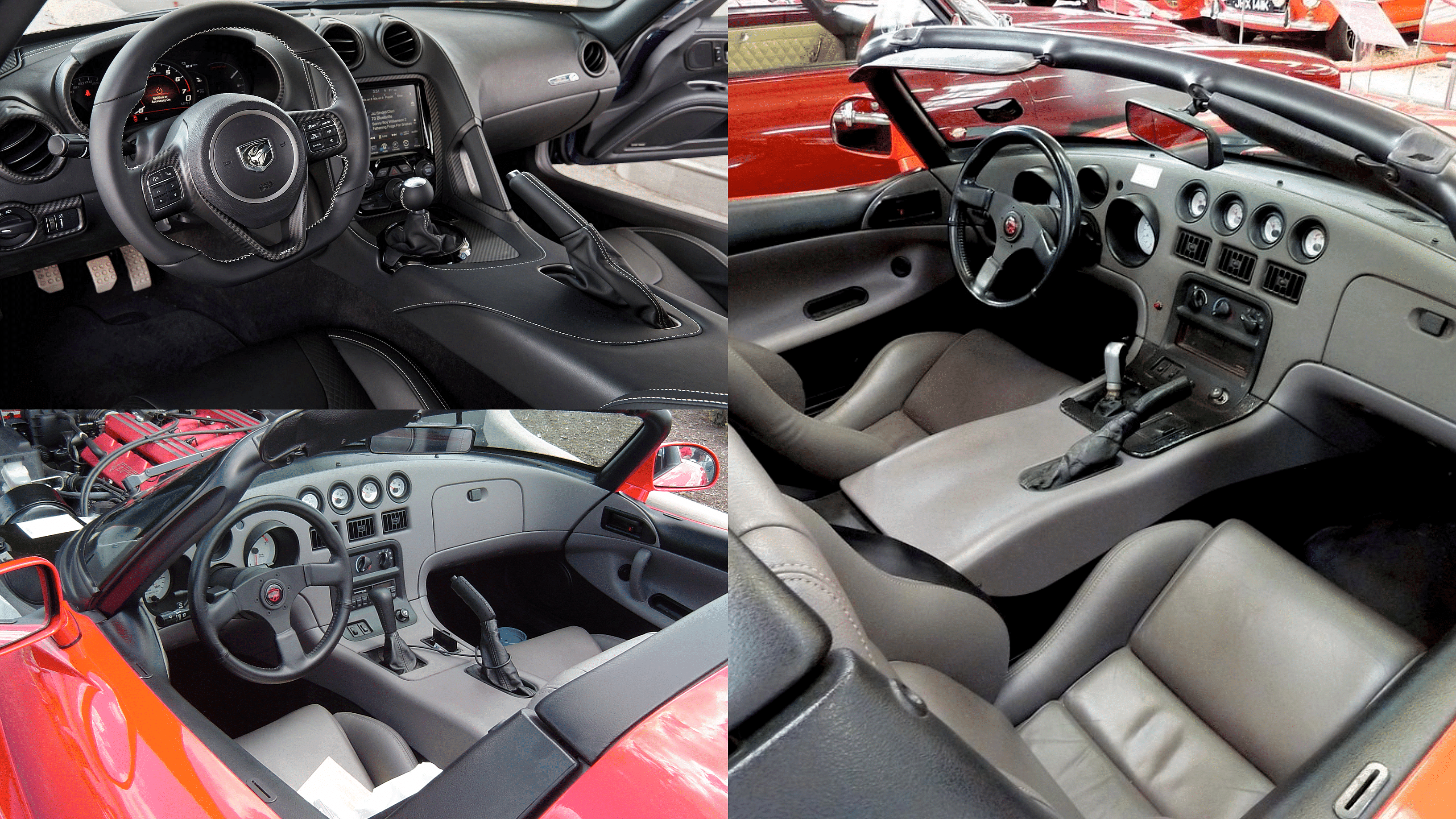
During the design and development phase, a majority of the focus was given to the Viper’s performance. And the cabin comfort feels like an afterthought on the early models. Even though things improved to some extent in the later generations, still comfort isn’t something the Viper is good at.
6. The spares are hard to find
We mentioned earlier that the Viper was assembled using parts from Chrysler’s regular cars. That would mean spares shouldn’t be an issue. But that is not the case with the Viper. While some parts are available, parts such as body panels and window glasses are hard to find.
5. You need to be a honed driver to have fun in the Viper
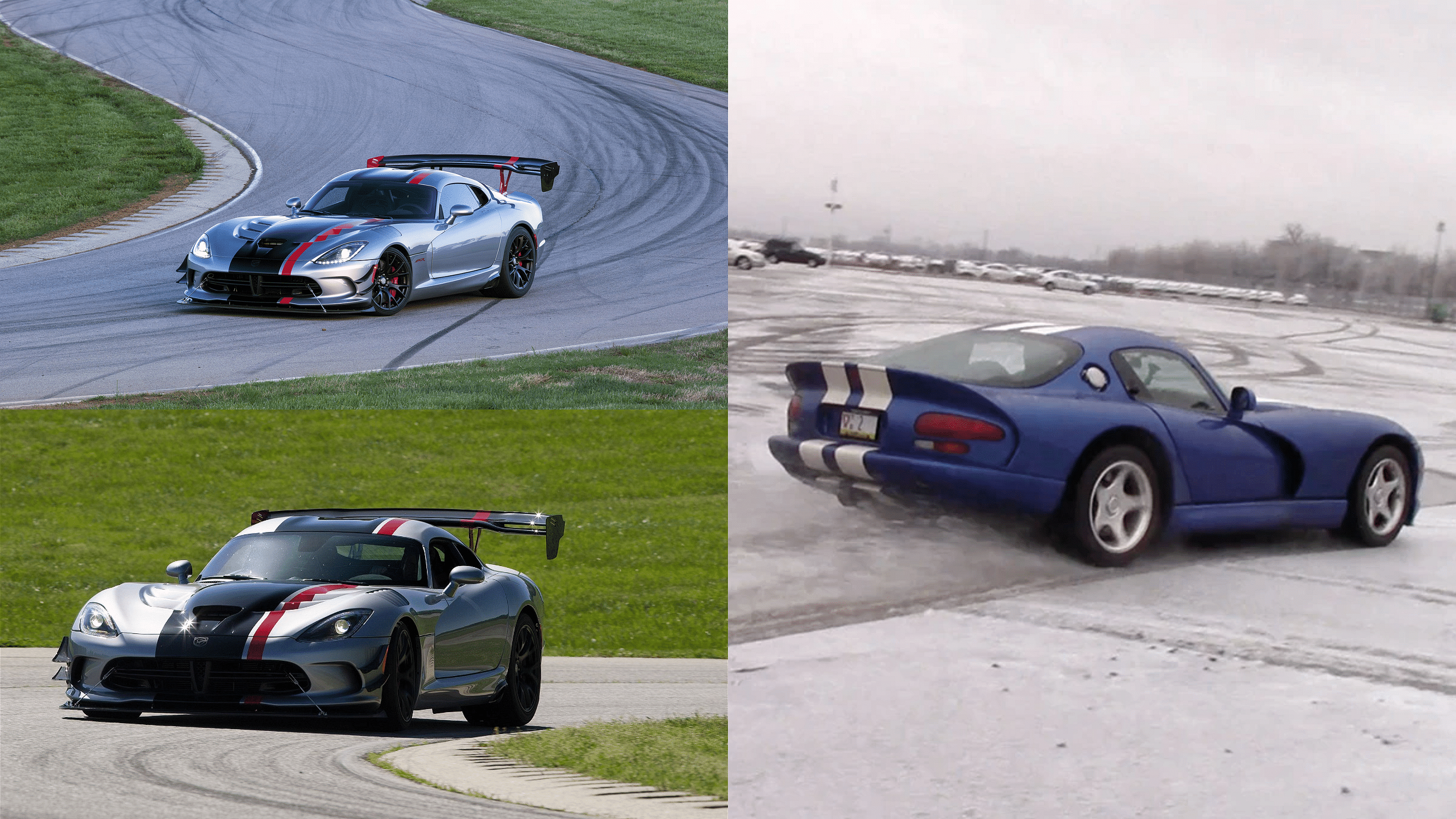
To accommodate the massive motor, the passenger’s cabin was pushed way back on the Viper. And the standard RWD layout makes the Viper quite challenging to drive. You need some terrific driving skills to make the V10, the manual 6-speed, and the rest of the car obey all your commands precisely.
4. That motor is mental
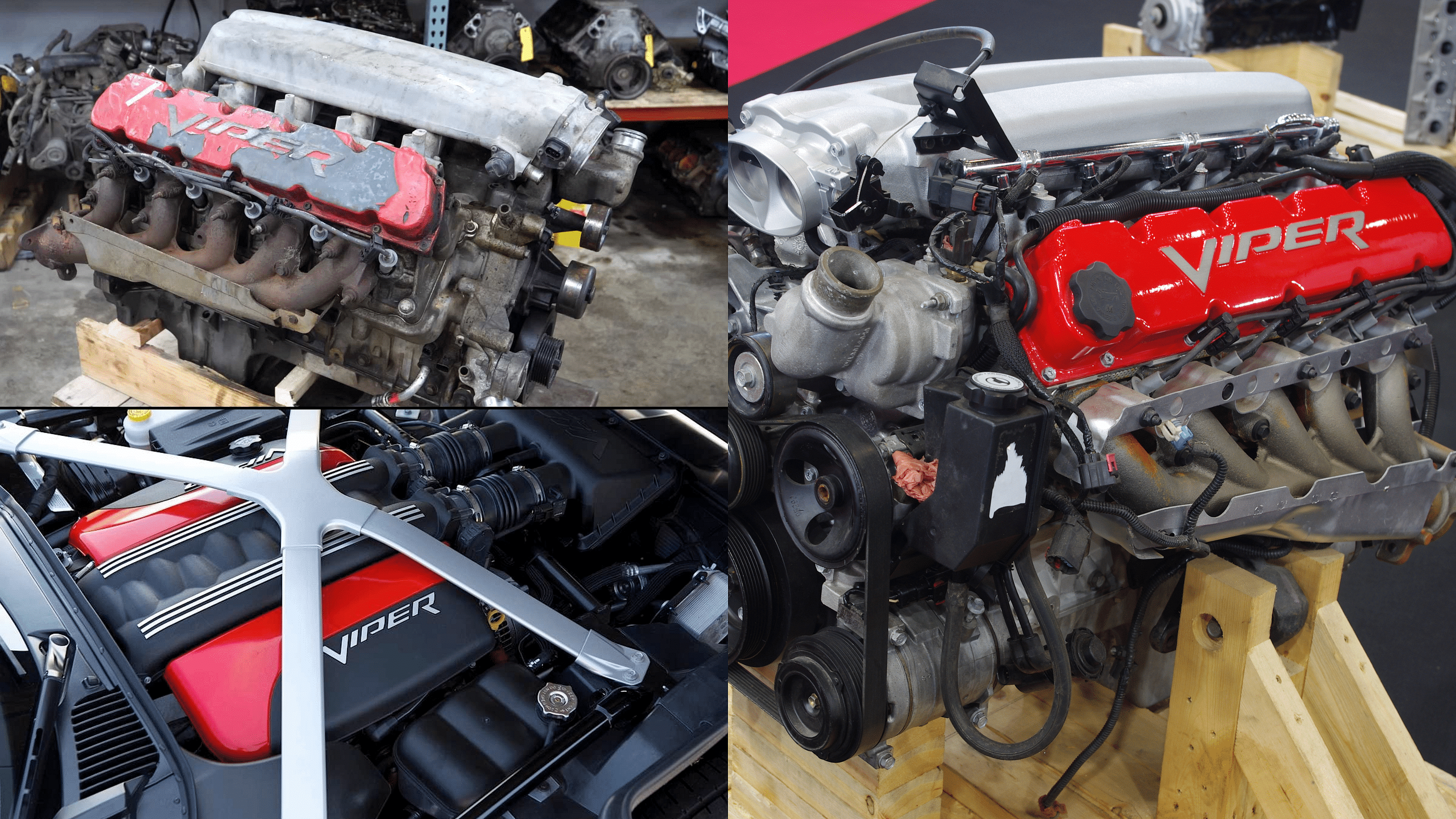
We have seen V10-powered cars in decent numbers. But none of them has a mammoth, 8.0L fire-breathing V10 under their hoods though apart from the Viper. The 8.0L was standard while the limited editions and the high-performance SRT trims saw the displacement and power figures bumped up significantly. For a motor that massive, the Viper always feels eager to fly off and the torque is phenomenal at the least.
3. Heavy inspirations from Skunk Works
Roy Sjoberg, the person responsible for the first Viper’s design, was really into Skunk Works. For reference, this is Lockheed Martin’s special division that was responsible for the legendary SR-71 and the U2 spy plane! Roy took some serious inspiration from the division’s design works.
2. It offers ample tunability
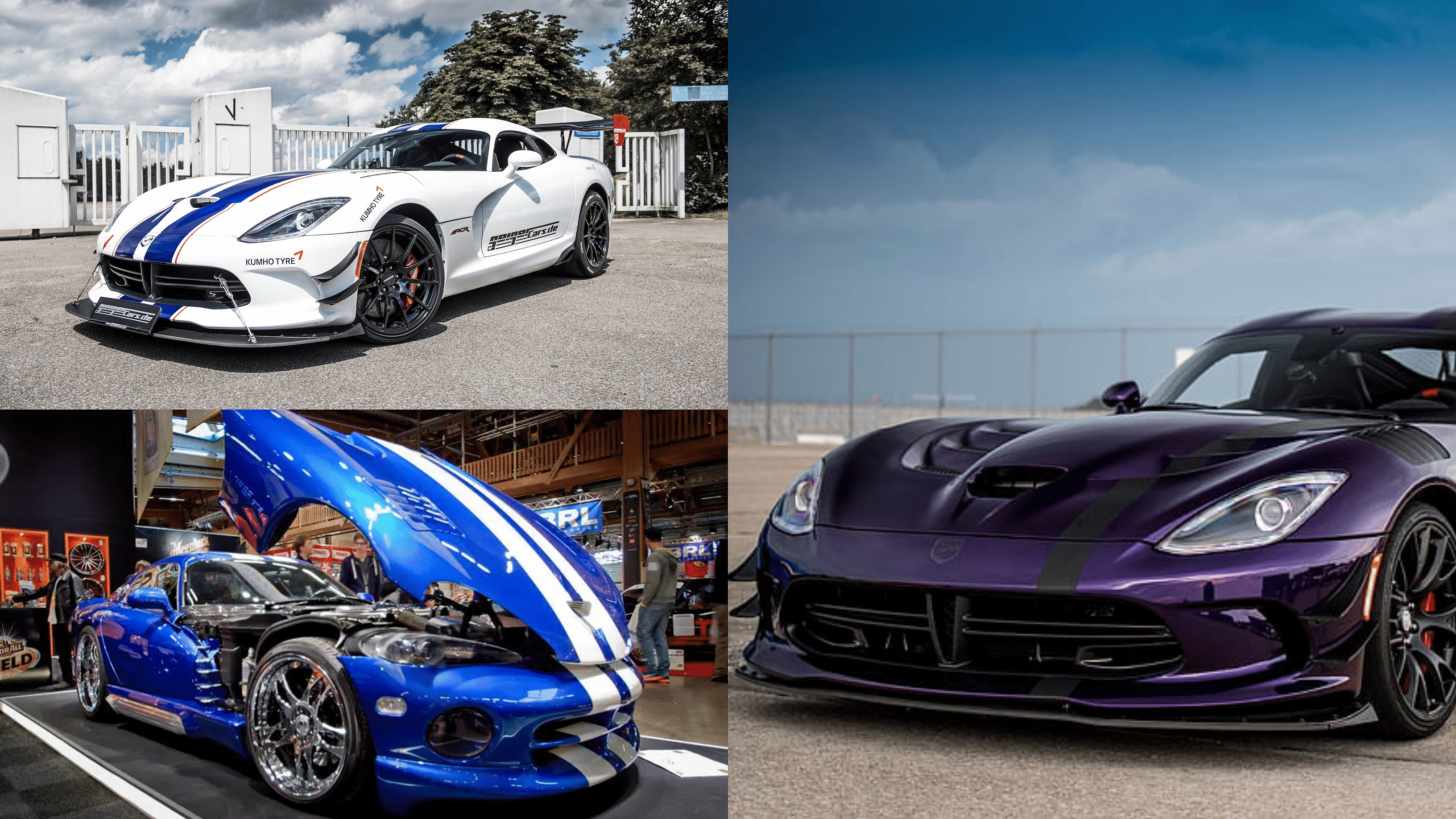
The Viper, in its bone stock form, is already a thrilling performance machine. But no performance vehicle has ever been enough for tuners. Surprisingly, the Viper allows for ample tuning capabilities and there are a good number of tuned examples that can leave some premium European performance cars in their wake.
1. Fuel economy shouldn’t be your concern with the Viper
Having a V10 immediately eliminates almost every possibility of getting a decent fuel economy rating. But with an 8.0L V10, it would be foolish to even think about fuel economy. The average fuel consumption of the Viper within the city limits is rated at 12 mpg only while the highway mileage sees an average figure of 19 mpg only.
Write a comment
Comments
No Comments Yet






